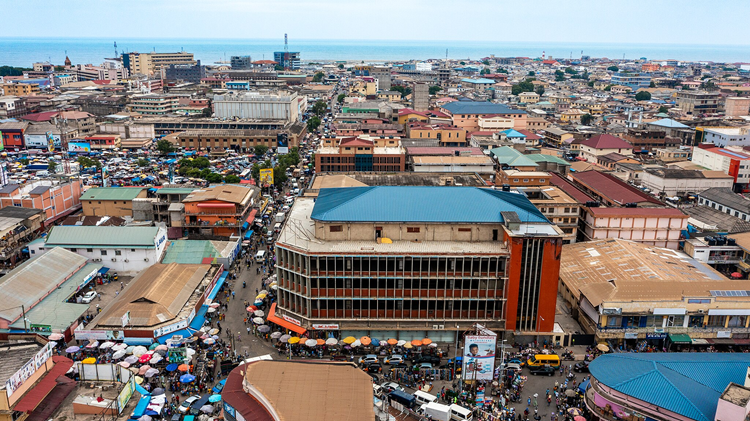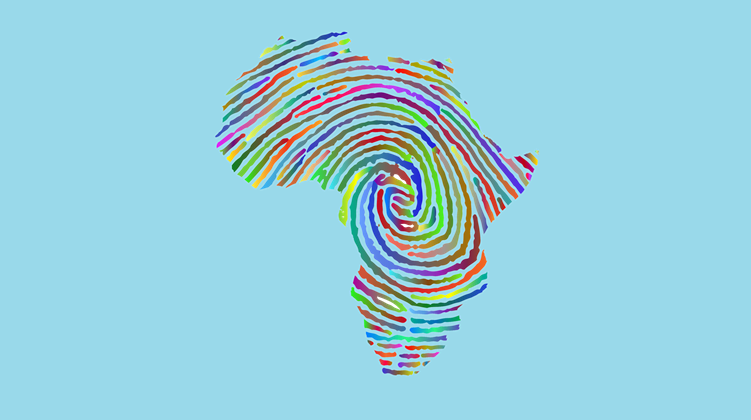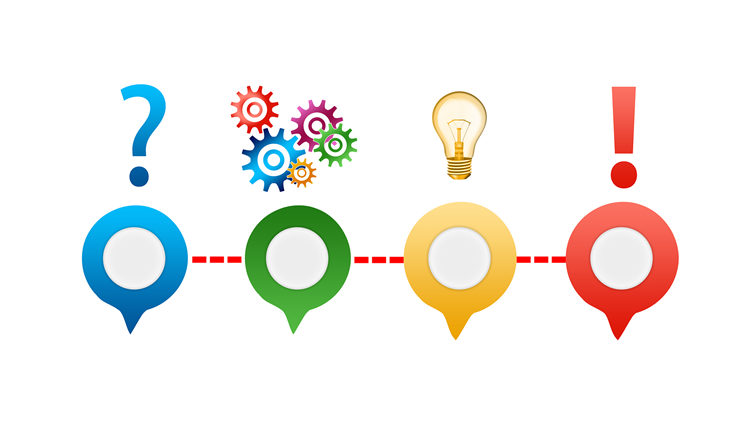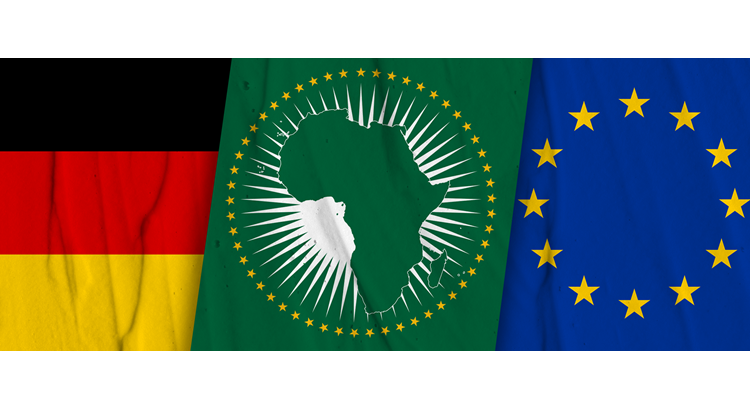Uncovering the untapped potential of African intelligence services
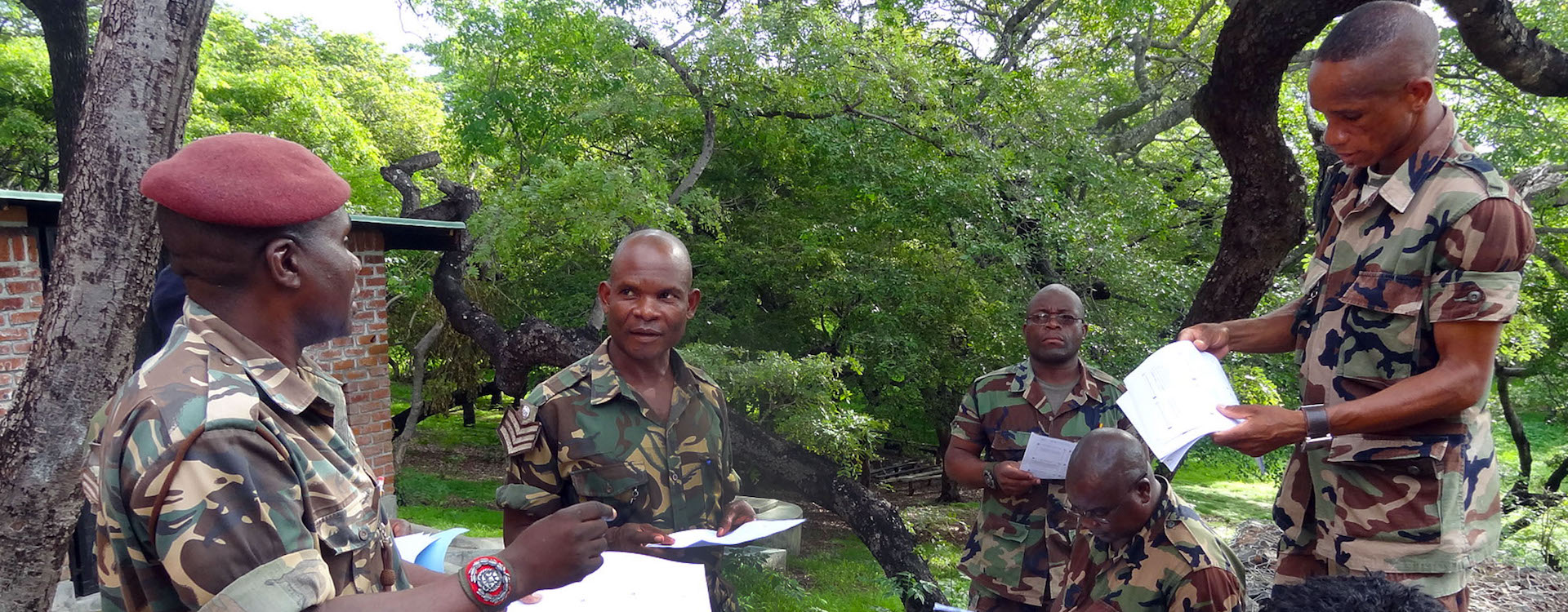
Intelligence services are crucial in addressing terrorism – and the continent has a significant role to play.
The intelligence agencies of developed nations often receive considerable attention and resources, while the capabilities of those in African countries are frequently overlooked. They have less support to enable them to execute their mandate to meet the demands of modern challenges.
And with security threats such as terrorism, transnational organised crime, pandemics, economic instability, climate change, cyber security and geopolitical conflicts affecting the global economy and political landscape, good intelligence services are essential.
One of the key challenges facing African intelligence services is the need for more funding and resources. According to a report by the African Union (AU), many African countries allocate less than 1% of their national budgets to intelligence agencies, compared to the global average of 2%.
This lack of funding can limit these agencies’ ability to acquire the necessary technology and equipment, and attract and retain skilled personnel capable of analysing and foreseeing threats that can jeopardise these countries’ national security.
Intelligence services can collaborate to prevent the spread of terrorism by countering extremist ideologies
Another challenge facing African intelligence services is the lack of coordination and cooperation between agencies both within and between countries which are heavily influenced by ego and little trust among them.
This can lead to a duplication of efforts and a lack of information sharing. This can impede the ability of these agencies to effectively gather and analyse intelligence to neutralise internal and external dangers to their countries. And to provide support to key policymakers and decision makers to make well-informed calls on social, political, and economic affairs for the interest of their respective countries and the continent at large.
Despite these challenges, African intelligence services can play a much more active role in global security. One way to tap into this potential is to increase their funding and resources.
This could include providing training and education opportunities for personnel and investing in technology and equipment. Additionally, greater coordination and cooperation between agencies within and between countries could lead to more effective use of resources and a more comprehensive understanding of security threats.
The fight against terrorism is a global effort, and the role of intelligence services is crucial in this endeavour
Another way to tap into the potential of African intelligence services is to better integrate them into regional and global security structures. For example, the AU has established the African Standby Force (ASF), which intends to respond rapidly to conflicts and crises on the continent. By fully integrating intelligence agencies into the ASF, they can provide valuable information and analysis supporting the ASF’s mission.
Moreover, the Committee of Intelligence and Security Services of Africa can play a vital role in building bridges of cooperation among African intelligence agencies and potentially strengthening their capacity to promote stability around the continent. This committee was established with the mandate to foster cooperation and coordination among intelligence and security agencies across Africa. Its purpose is to provide a platform for these agencies to exchange information, share best practices, and collaborate on initiatives to promote stability across the continent.
In this context, the committee is well positioned to play this vital role due to several factors. Firstly, it provides a formal structure for intelligence agencies to work together, which can help overcome potential barriers to cooperation. Secondly, it can facilitate the sharing of intelligence and other information that is crucial for identifying and responding to security threats in a timely and effective manner. Finally, by working together, the intelligence agencies can pool their resources and expertise, which can help to build their capacity and improve their effectiveness in promoting stability across Africa.
Several terrorist groups have been active in Africa. These include Ansar al-Sunna in Mozambique; Islamic State of Iraq and Syria (ISIS)-Democratic Republic of the Congo (DRC); Boko Haram in Nigeria and the Lake Chad region; al-Shabaab in Somalia and Kenya; ISIS-West Africa and ISIS-Somalia; al-Qaeda in the Islamic Maghreb (AQIM) in the Sahel; Ansar al-Sharia in Libya; and Al-Mourabitoun in the Sahel.
In some cases, intelligence services carry out covert operations to disrupt and neutralise terrorist cells
These groups have been responsible for many terror attacks in the region, causing loss of life and damaging infrastructure. These acts of violence have far-reaching impacts on the area, undermining economic development and stability and causing fear and insecurity among the population.
In this context, the Committee of Intelligence and Security Services of Africa can be an essential platform to help uncover the potential of African intelligence services as far as counter-terrorism efforts are concerned. By fostering cooperation and collaboration among African intelligence services, the committee can help improve their ability to detect, prevent and respond to acts of terrorism.
Intelligence services can help in these efforts by sharing information and intelligence about suspected terrorists and their activities. This information can be used to identify potential threats and to plan and carry out counter-terrorism operations. Intelligence services can use their knowledge of surveillance, cyber security, and risk assessment not only to detect and respond to terrorist attacks, but also to address other challenges.
Moreover, intelligence services can collaborate to prevent the spread of terrorism by countering extremist ideologies and providing alternative support and employment opportunities to vulnerable populations.
African intelligence services have the potential to significantly contribute to efforts to combat terrorism and advance global security
African intelligence services have the potential to significantly impact efforts to combat terrorism and advance global security, despite potential obstacles. African countries must provide the support and necessary resources for these agencies to carry out their mandates and better integrate them into local and international security frameworks.
The international community can also play a role in helping to train African intelligence services in counter-terrorism techniques. This could include providing training and technical assistance in areas such as intelligence gathering, analysis and information sharing, and using new technologies and techniques for detecting and preventing acts of terrorism.
Developed countries also use their intelligence services to counter terrorism, domestically and abroad. This includes conducting surveillance and intelligence gathering, sharing information with other countries, and working with international organisations such as INTERPOL to coordinate their efforts. In some cases, intelligence services also carry out covert operations to disrupt and neutralise terrorist cells.
The fight against terrorism is a global effort, and the role of intelligence services is crucial in this endeavour. The international community can help African countries by providing training and technical assistance to their intelligence services and working with them to counter terrorism and foster global security.
Image: U.S. Army Southern European Task Force, Africa/Flickr



